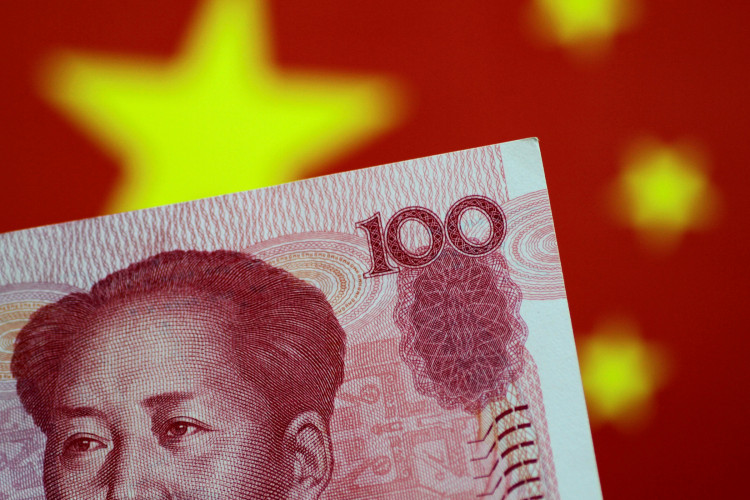China's top leaders pledged on Monday to implement "more proactive" fiscal measures and adopt a "moderately loose" monetary policy in 2025, aiming to revitalize its economy amid domestic challenges and escalating tensions with the U.S. The announcements followed a key Politburo meeting, setting the stage for next year's economic agenda with a focus on stabilizing growth and boosting domestic consumption.
The Politburo, the Communist Party's decision-making body chaired by President Xi Jinping, outlined plans to strengthen counter-cyclical adjustments to address economic headwinds, including sluggish domestic demand, a prolonged property market downturn, and geopolitical uncertainty. This meeting precedes the Central Economic Work Conference scheduled this week, where top policymakers will finalize economic priorities and targets for 2025.
While precise economic goals will not be disclosed until the annual legislative session in March, analysts widely expect Beijing to set its 2025 GDP growth target at "around 5%," similar to the current year. President Xi, during a symposium on December 6, emphasized the importance of achieving these targets despite "many uncertainties and challenges," according to state media Xinhua.
The commitment to fiscal stimulus includes plans to widen the fiscal deficit from 3%, enabling the central government to increase borrowing to finance infrastructure projects and other growth initiatives. Economists interpret the addition of "more" to the previously adopted "proactive" fiscal policy as a signal of intensified spending, particularly in local government projects.
The Politburo's announcement also marked a significant policy shift, describing its approach as "moderately loose"-a term last used during the global financial crisis in 2008. Economists interpret this as a move toward further interest rate cuts and reduced reserve requirements for banks. Martin Rasmussen, a senior strategist at Exante Data, noted that 'top leaders' view on economic conditions has shifted substantially compared to last quarter. The announcement coincided with data revealing a five-month low in consumer inflation and a 26-month streak of deflation in producer prices. November's consumer price index rose by only 0.2% year-on-year, reflecting weak demand, while producer prices declined by 2.5%.
The Politburo elevated domestic consumption as the top priority for 2025, signaling a strategic pivot from export-driven growth to boosting household spending. The readout pledged to "forcefully lift consumption" and drive demand "in all aspects," though details remain sparse. Efforts to stimulate consumption may include expanded cash-for-clunkers programs, where consumers receive discounts for purchasing new electronics or vehicles in exchange for old ones. Premier Li Qiang reinforced this commitment during a Monday meeting with international economic organizations, vowing to use "every means possible" to stimulate spending.
China's economic strategies unfold against a backdrop of intensifying trade tensions with the U.S., as President-elect Donald Trump prepares to re-enter the White House in January. The Biden administration's recent restrictions on high-tech chip exports have heightened competition in advanced technologies, further straining U.S.-China relations. Domestically, Beijing grapples with waning confidence in its property sector as well as underwhelming performance in stock markets. However, Monday's announcements buoyed investor sentiment, with Hong Kong's Hang Seng Index rising 2.8% and the Chinese offshore yuan strengthening modestly against the dollar.






